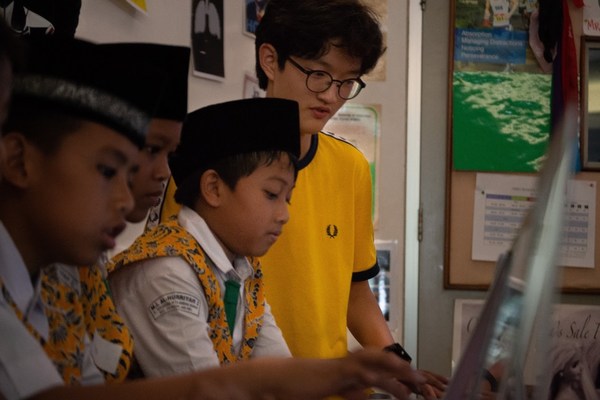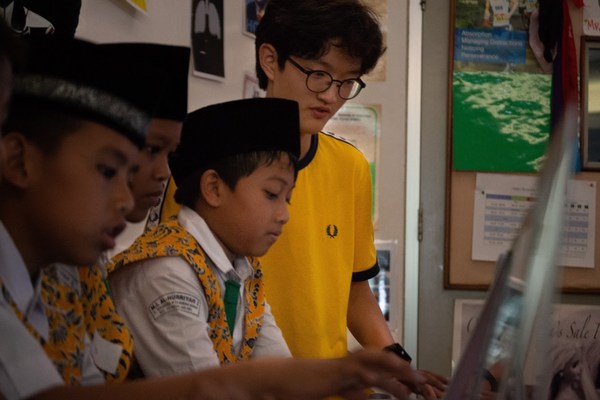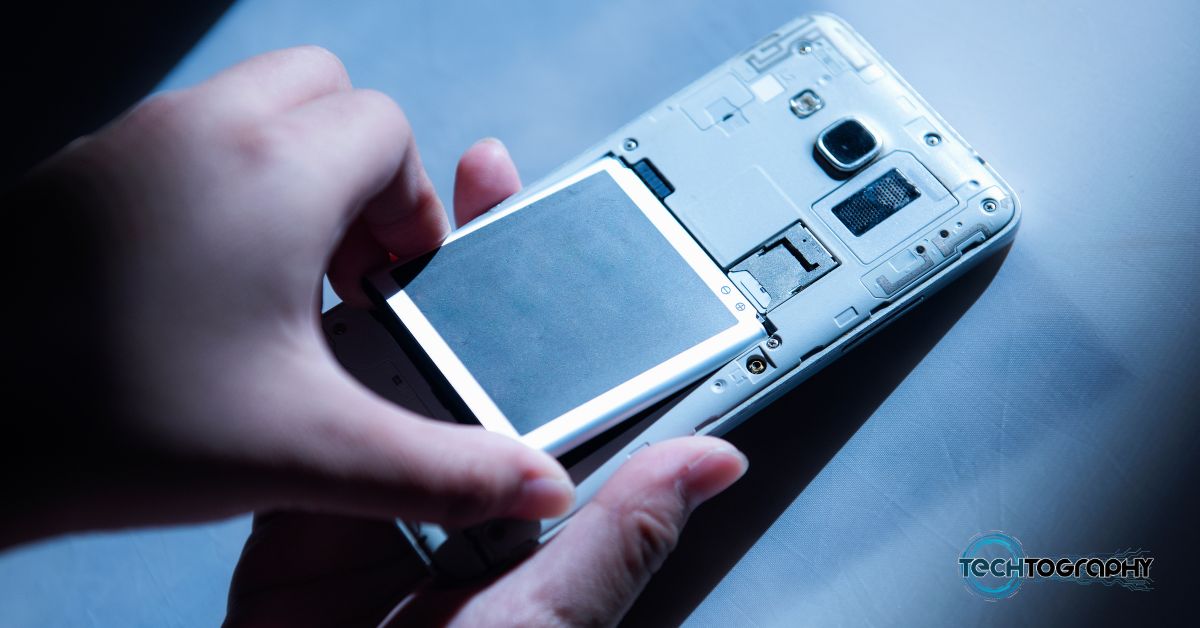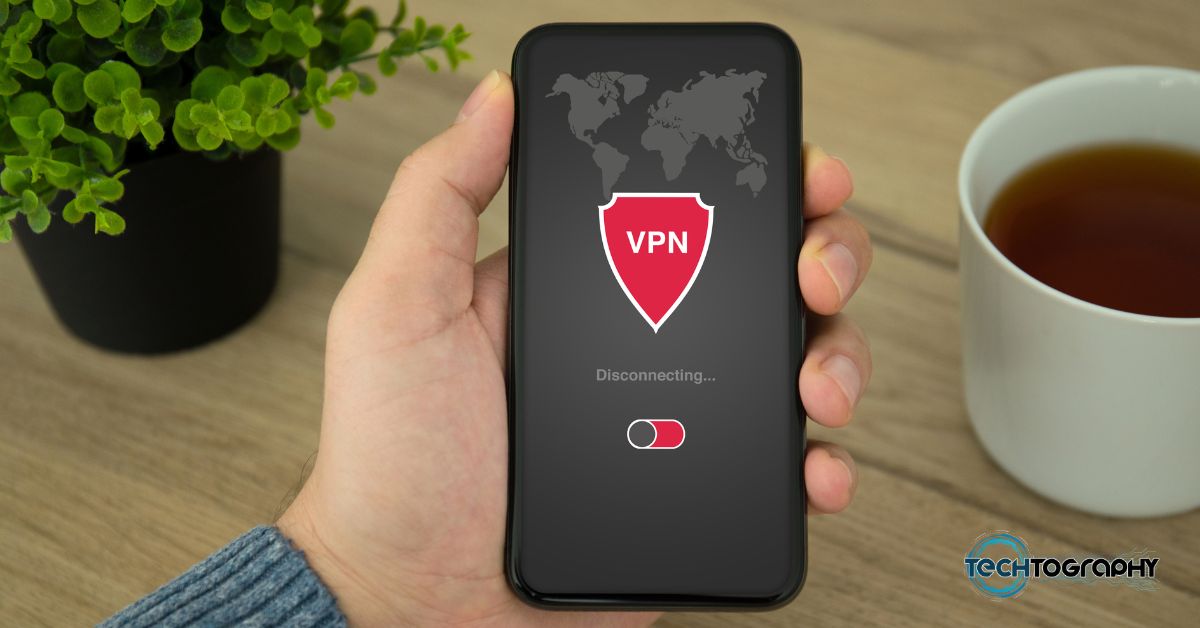Students of Jakarta Intercultural School engage in community outreach that makes a difference
JAKARTA, Indonesia, May 7, 2021 /PRNewswire/ — Seventeen-year-old Sangwook is on a mission to help narrow the digital divide in Indonesia. As a 21st-Century learner whose studies greatly depend on digital technology, he recognizes that computers are "like treasure boxes which are full of educational potential," and firmly believes that equal access to computers and the internet can make all the difference in a child’s education.

Sangwook, a senior student of Jakarta Intercultural School (JIS) engages in community outreach that makes a difference.
So, with the help and expert guidance of the Service-Learning Program at Jakarta Intercultural School (JIS), where he is currently a Junior, Sangwook and members of his Plugged-IN club are working hard to make technology fun and accessible for everyone — especially young learners from disadvantaged backgrounds. They teach twice-weekly lessons to elementary school students who get hands-on experience learning about various tech-related topics.
"Each week had a specific theme and at least one interactive activity," Sangwook explained with enthusiasm. "One example is a QR code scavenger hunt: Students and club members worked in teams to complete various technology-related challenges around campus by scanning QR codes. Lots of running around and lots of energy."
Plugged-IN is one of the 35 student-led clubs at JIS High School that takes part in collaborative community engagement as part of the school’s Service Learning Program. Essentially, these clubs operate like a network of non-profit organizations that aim to respond to an authentic need of the community, explained JIS Service Learning Coordinator Jodi Berry.
"Service learning offers students opportunities to lead, collaborate and develop philanthropic values that lead to civil participation," she said. "With guidance from the JIS High School Service Council and faculty advisors, students work together to launch campaigns, fundraisers and larger initiatives and projects that support our community partners in need."
Like Sangwook, JIS Grade 12 student Nelson saw the importance of addressing the needs of vulnerable, underprivileged children. To help make a difference, he joined not one, but two service learning clubs: House of Hope, which engages with children from the Panti Akhiruz Zaman orphanage through games, sporting activities and English and math lessons; as well as the Conquer Cancer Club, which visits children struggling with cancer and entertains them with arts and crafts lessons.
"Service learning allows students to build a good moral character. I believe that an important element of education is to be able to engage with students and people in the community around us," he said. "Not only have service projects given me the skills to work together and collaborate with people, but they have also taught me to be more empathetic and caring to those less privileged than myself."
But then the COVID-19 pandemic changed everything. With health restrictions in place from the government and students moving to online learning, it became impossible for Nelson and other service learners to engage directly with the people they’ve worked so hard to help. JIS service learning clubs found themselves having to rethink and redesign their entire approach to community outreach.
For Sangwook and Plugged-IN, that meant shifting their lessons to Zoom — which only emphasized the very issue they were trying to address.
"The pandemic exacerbated and exposed the issue of the digital divide in Indonesia. We learned that many students are forced to stay home with no access to technology and unable to attend online school during lockdown," he said. "Therefore, our priority now is to help them go through these difficult times. I think that our core motivation has always been the same; it comes from the belief that technology can enrich — or possibly change — one’s life."
In addition to teaching online lessons, the Plugged-IN club has spent the past year organizing donation which drives to collect secondhand gadgets. These are then channeled to Indonesian state-school students who have been struggling to participate in virtual classes during the pandemic because their families can’t afford the necessary technology.
"We have donated almost 100 devices, including smartphones, desktop computers, laptops and iPads. The process has been a long one; we asked people and companies around us for devices, collected them, repaired them and put them into packages along with accessories, masks and instructions," Sangwook explained.
Nelson, meanwhile, has been dedicated to helping both House of Hope and Conquer Cancer Club put together and deliver care packages — filled with materials for various activities, essential food items, hygiene kits — to the children he once met with regularly. But he wanted to do more. He wanted to reach out and help as many children as possible using his strengths and what he believes is the key to a better future for them: education.
He used his free time to write an English-Indonesian workbook with illustrations and engaging activities titled Let’s Learn Basic English With Billy, which has been published and is currently for sale. For every book he sells, he donates a copy to a local school or orphanage.
"The book teaches Indonesian children the basics of English literacy, including basic vocabulary, sentence structure, forming questions and grammar. Through this book, I hope to help Indonesian children acquire English literacy at a young age and provide them with the keys to the world," Nelson said.
"Additionally, I also led a collaboration project with seven of the service clubs at JIS, where each club created an English lesson video that paired with a lesson taught in the book. These videos are intended to complement the book’s lessons."
Service learning at JIS demonstrates several "competencies" in 21st-Century Education, such as creativity, critical thinking, collaboration and communication, which Berry said were needed to overcome the urgent issues we face today. JIS, however, considers "compassion" as another core competency.
"We’re at a time when the biggest world problems cannot be solved alone. We have to be able to work together to create a better world for all," she said. "Above all, service learning is an approach to develop those competencies, to complement what students are learning inside the classroom with experiences and opportunities outside the classroom."



